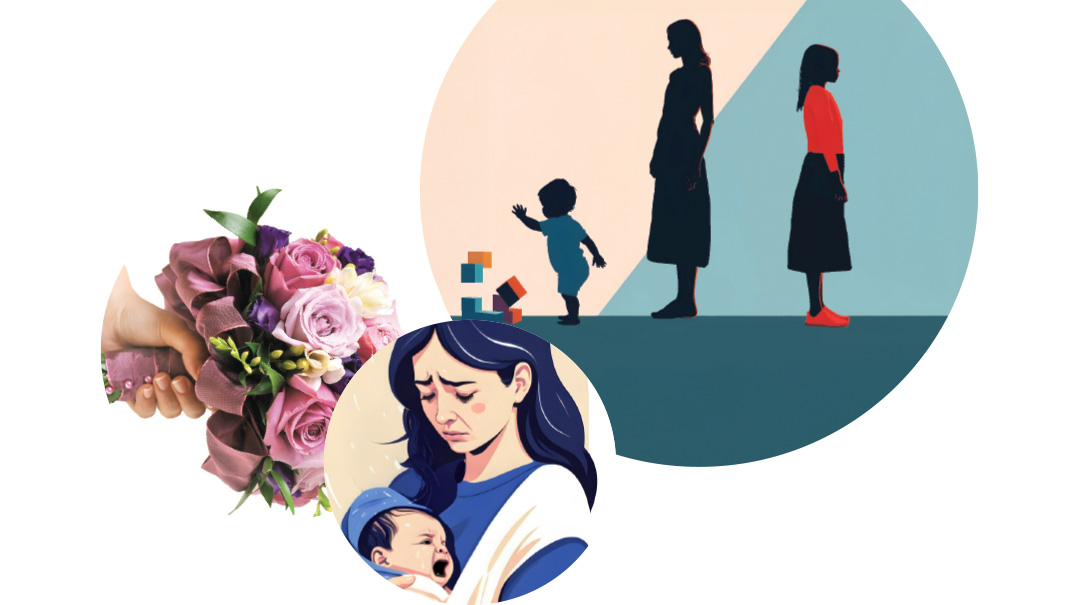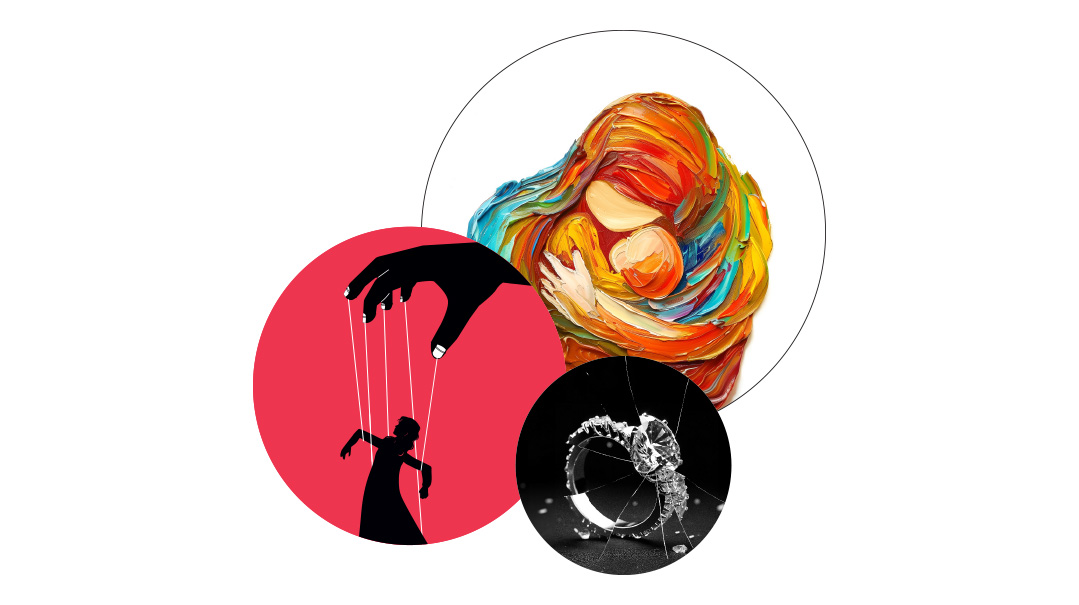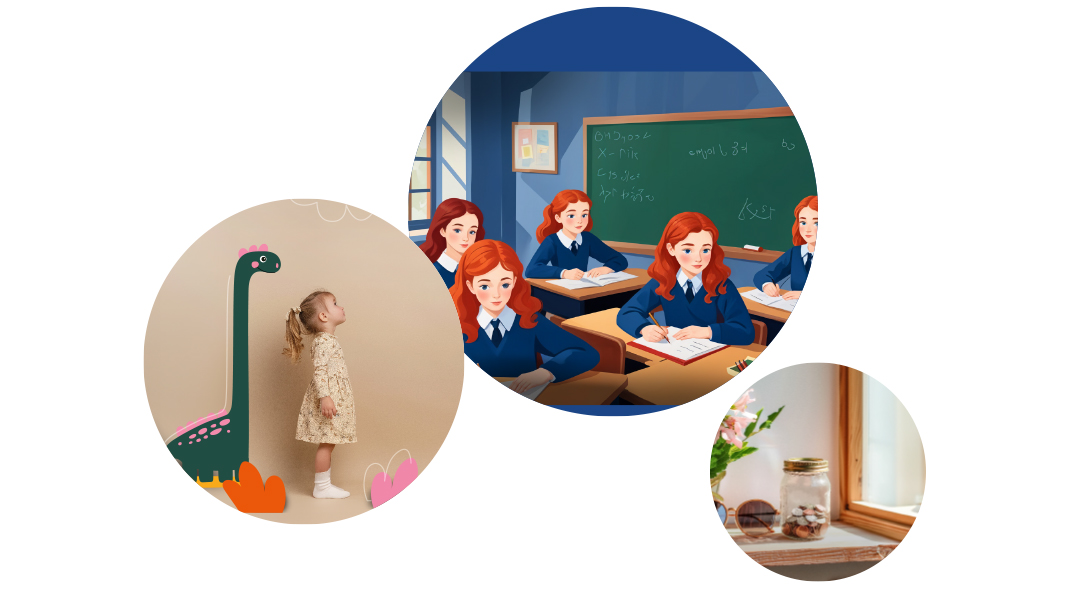Family First Inbox: Issue 881

“It hurt watching my son decline. It hurt knowing that I had a part in it. The guilt consumed me. I found myself crying often”

Was It Worth It? [Matchquest / Issue 880]
I’d like to address this response to “Brokenhearted Mother” in last week’s Matchquest.
Let me start by saying: Been there, done that. It’s over, but not gone. Years ago, I had a son who struggled in school, scholastically and socially. His younger brother, on the other hand, was top of the class, scholastically and socially. My older son started shidduchim, but no bites, no dates, no interest.
Years went by with maybe one date a year, never a second date. We were hurt. My child acted as if all was fine. But I was hurting. I assume he was, too, just covering it up as males are wont to do. His younger brother quickly became of age and some of his friends started dating and getting engaged.
Ouch, but true. We went to ask a rav, who agreed with younger son, gave the older son chizuk and told him that the zechus of his being mevater, will b’ezras Hashem bring his own zivug.
So younger son started shidduchim. Baruch Hashem it didn’t take long, and he got engaged to a great girl. A short time later we were going to his wedding. My older son looked happy, and why not, don’t we always wish our siblings well? He looked fine at the wedding as well, but shortly afterward he started declining. He started drifting away from the friends he did have. His chavrusa started complaining about his lack of attendance. There was a slow but steady downward slide in his attitude and behavior.
And we, his parents? My heart was shrieking. Not a day went by when I wondered if the decision — that I had gone along with — had killed my child.
It hurt watching my son decline. It hurt knowing that I had a part in it. The guilt consumed me. I found myself crying often.
Many years have passed and older son eventually climbed out of his dark matzav, married, baruch Hashem, is settled and is a father, an amazing one at that, says his wife.
Just writing this brought tears. It’s never easy watching your child suffer. The boys were close throughout and still are, even though one moved away.
So should you skip? Sure, you can skip, but do you really want to?
Anonymous
Skipped, Survived, Mostly Fine [Matchquest / Issue 880]
I was really touched by Sara Eisemann’s response to a mother’s question on how to handle it when a younger sibling begins dating or gets married before an older sibling does. I’ve been married for over a decade plus now, but once upon a time I was an older sister who allowed her sister to get married (two years) before she did. I did it gladly because I didn’t want my sister to go through what I was going through and thought that my brother-in-law, who’d actually been suggested for me, sounded so suitable for her, I didn’t want her to lose the opportunity.
I loved how Sara emphasized that it’s all about acting with respect. I was completely fine with letting my sister go ahead of me and felt that all the brachos I received, “im yirtzed Hashem by you” and, “in this zechus you should meet your zivug” would play a role in bringing about my yeshuah.
I had only one incident where I felt disrespected, and it hurts me until this day. The Erev Shabbos before my younger sister’s wedding, a family friend came to the door with a bunch of flowers for the kallah and a cute poem she’d written about the simchah. There was one line about how special it was that this was the first wedding in both families. My brother-in-law is the oldest in his family, so fine, but the fact it was the first wedding in our family was an aberration, not something to be celebrated. The family friend must have seen my face contort in pain when she read out the poem, but instead of apologizing, she said, “Don’t worry, dear, you’ll get your turn soon,” dismissing my pain as if I was just a bratty little kid sore that I didn’t get given a piece of candy first.
Sara’s line, “please be mindful that you are asking a lot” of an older sibling was so validating for me, and in general her response helped heal some of my hurt. Thank you Sara and Family First.
Anonymous
Cranio Saved the Day [Help! My Baby Won’t Stop Crying / Issue 879]
When I saw the headline for the article about colic in your magazine last week I was intrigued. I, baruch Hashem, have a number of children, most of whom could be defined as having had colic. It was clear the author did thorough research and there were many important insights. However, I was surprised to see that she made no mention of one of the most effective treatments for colic and other baby issues: cranio-sacral therapy.
I was first introduced to craniosacral therapy when a lactation consultant recommended it to me for my third child who was having trouble nursing. She showed me how my baby couldn’t open her mouth sufficiently to latch on properly. This was the source of all the subsequent problems. She added: “I come from a family of doctors, we are very logical people. I can’t explain to you how it works, but it really works.”
At that time it seemed so radical that I opted to try to treat the symptoms with a silicon nipple or pumping and then giving it to my baby in a bottle. When I saw it wasn’t working I realized I had to try craniosacral therapy, and I’m so glad I did!
Craniosacral therapy isn’t a magic button, it was a process that took a little bit of time, but within two weeks of starting treatment, I saw a major difference. I got my life and sanity back. After that experience, I’ve taken all my other babies for craniosacral therapy. They’ve had a variety of issues, reflux, torticollis, stiff neck, silent reflux, etc. The common denominator was that they would cry at all hours, and I was at my wits end. Baruch Hashem they were all helped with craniosacral therapy. So if your baby is crying non-stop or having trouble nursing, I strongly recommend that you give it a try!
Esther Leah Korik
Car Seats – with Care [Help! My Baby Won’t Stop Crying / Issue 879]
In your article about colic, you state that sleeping in a car seat gives babies a similar sensation to that of being hugged or held. Please note, however, that car seats should only be used in a car or other vehicle. They can otherwise, chas v’chalilah, cause positional asphyxiation.
Srif Cohen
Not Always a Reason [Help! My Baby Won’t Stop Crying / Issue 879]
I’m not a doctor, nor coming with statistics, I’m just writing as a survivor of multiple colicky babies. Here is what I know and learned. Not all babies sleep the expected hours, and babies can just cry. It can be for no apparent reason. These are babies who have adult personalities trapped in infant bodies. They’re just unhappy to be an infant, that is, a helpless individual. Until that changes, the crying won’t stop. Once they learn to help themselves and don’t feel so limited, they become the most adorable toddlers.
The upside to those babies who don’t sleep much and cry is that once they get older, even as teens, they generally don’t need to be woken up for school. They never need much sleep.
But until then, please, do yourself a chesed, eat as much chocolate as you need, take as much help as you can get, and you will, im yirtzeh Hashem, live to tell the tale.
C.K.
Teens Work Hard, Too [Second Guessing / Issue 879]
In response to the question of whether or not Rivka did the right thing insisting her daughter Chavi babysit for her aunt, I don’t think that Chavi should be made to babysit. In my opinion, the idea that she’ll agree if you just pay her double after she made her feelings clear on this specific matter borders on insulting. She’s not a vending machine who will dispense the goods if you just insert more quarters.
Of course, young mothers have a great deal of responsibility, but have we thought about the fact that long after young marrieds’ workdays are over and their babies are in bed, teens are still helping with younger siblings and then studying for tests?
I think Rivka’s job here is to show her daughter that she respects her clearly stated feelings. This demonstrates true appreciation for all she does. If Chavi ends up feeling like she really could have put herself out, she’ll feel guilty enough and have learned a lesson from it — quietly and internally. Aunt Toby can either get creative or say she couldn’t find a babysitter. And then when Chavi turns 38, she will have enough confidence to enjoy a birthday trip to the bakery solo without questioning herself if it’s “nerdy” because she is in tune with herself and her own needs.
Yiska Ben Avraham
A Means to an End [Inbox / Issue 876]
Thank you for an extremely well-written, professional magazine!
I just wanted to comment on an otherwise wonderful letter to the editor titled “Proud to be a Shluchah.” Many thought-provoking, excellent points were made, but there was one line that I think needs attention. It read, “As a nation, our goal is to bring Mashiach.”
Our goal as a nation is to keep Hashem’s mitzvos and follow in His ways. It’s our fervent hope and desire to see the coming of Mashiach bim’heira b’yameinu, but it isn’t a goal. The rebuilding of the Beis Hamikdash will enable us to more completely serve Hashem, and Mashiach’s arrival (b’karov!) is a means to that end.
Miriam Pearl
(Originally featured in Family First, Issue 881)
Oops! We could not locate your form.







